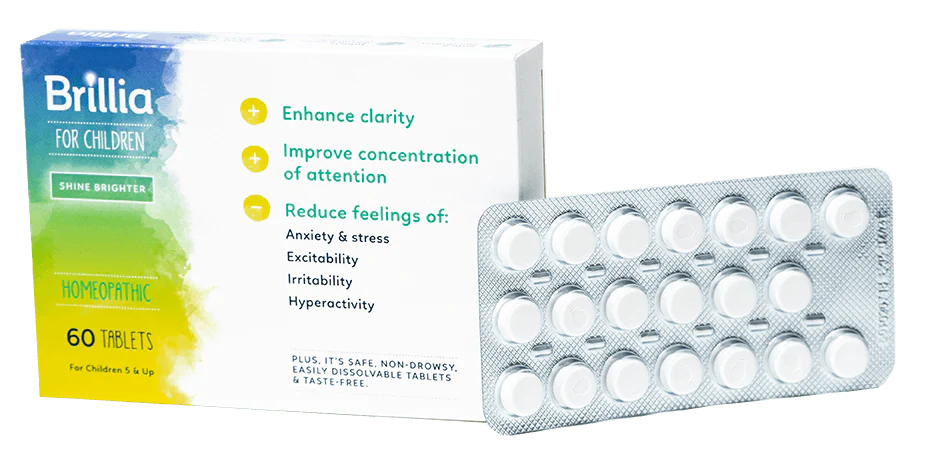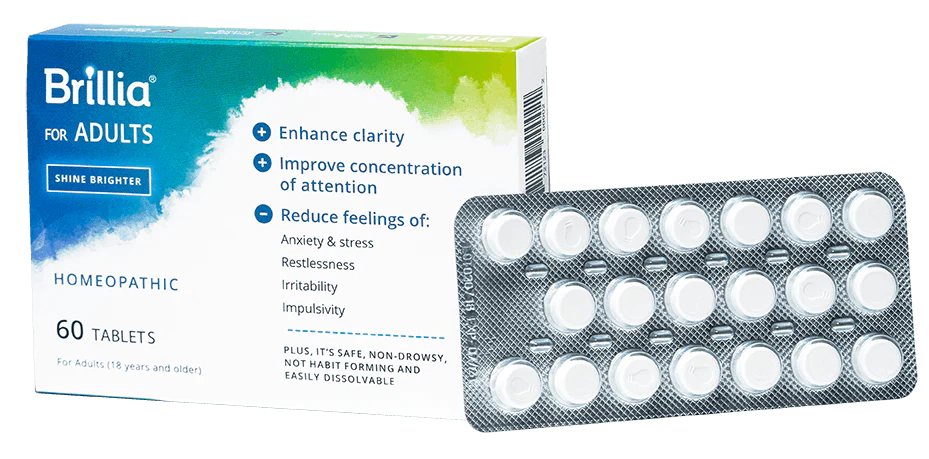We all get angry, anxious, and irritable from time to time. These emotions come with the territory of being a human living in a complex world. But when anger, anxiety, and irritability start to run rampant in our lives, they can wreak serious havoc on our health, our happiness, and our relationships.
While these emotions are not the same, they are more connected than you may think. Explore this connection, find out what’s at the root, and learn how you can step back and feel more balanced again.
Experiencing Strong Emotions
Emotions like anger and anxiety are not inherently bad. In fact, under appropriate circumstances, they can lead to positive action. If an unjust situation makes you angry, you may be moved to stand up for what’s right. If a person makes you feel anxious, it may be wise to get away from them. Even irritability can serve as a warning sign that your stress is reaching its limit (or maybe that you just need a snack).
While it’s normal to experience a broad range of emotions, when these emotions become so strong and intense that you feel out of control, you may need some help managing them. After all, many of us were taught to avoid complex emotions or push them down, which means we never learned how to deal with them in a constructive way. Fortunately, emotional regulation is a skill that can be learned. It just takes time, strategy, and practice.
Connecting Anger, Anxiety & Irritability
Anger, anxiety, and irritability can all cause physical symptoms like a pounding heart or a tension headache. They can be triggered by everyday situations like a traffic jam or your tantruming kid. They can also be amplified by what you do and how you think in response to them.
Irritability and anger can also be symptoms of an anxiety disorder, especially when the anxiety is left unaddressed. Studies show that when a person has an anxiety disorder, the rate and intensity of their anger can actually increase.1
Shine Brighter
Deciphering What’s at the Root
There are a number of theories about what’s at the root of strong emotions like anger, anxiety, and irritability. These include:
- Learned behavior: Our parents are our first role models. If yours was prone to angry outburst and anxious ruminations, chances are that you’ll have similar afflictions. Your parents may have never learned how to positively respond to stressful triggers, especially if their own parents behaved in the same way. Recognizing this link is one of the primary ways to gain self-awareness about your own anger, anxiety, and irritability so you can develop better coping mechanisms.
- Mental health condition: Anxiety can be a mental health condition on its own if it comes up frequently and starts to interfere with your daily life. But along with anger and irritability, anxiety can also be a symptom of another mental health condition like obsessive compulsive disorder (OCD), oppositional defiant disorder (ODD), depression, bipolar disorder, post-traumatic stress disorder (PTSD), and phobias. Grief is another possible culprit.
- Physical illness: There may also be a physical issue causing your strong emotions such as irritable bowel syndrome (IBS), lack of adequate exercise, hormonal imbalances, or insomnia.
- Elevated S100B protein levels: The S100B protein plays a crucial role in many different intracellular and extracellular brain processes, including mood regulation. Studies show that elevated levels of this protein are associated with “chronic unpredictable stress,” which is a key trigger of anger, anxiety, and irritability.2
How the Body Reacts Physiologically
When we become anxious, angry, or irritable, our body goes into fight-or-flight mode thanks to a secretion of chemicals like cortisol and adrenaline.3 This may be accompanied by a pounding heart, stomach upset, rapid breathing, and a surge of energy as your body prepares to face or flee its perceived threat. While this stress response is integral to our survival if we are actually facing a threat, many of us have made fight-or-flight mode habitual, setting us up for chronic stress and the health complications that come with it.
Impact on Health
The health impacts of being quick to anger, overly anxious, and constantly irritated are similar to those of being in a perpetual state of stress. According to Harvard Health, these include:4
- High blood pressure and risk of cardiovascular disease
- Obesity
- Risk of substance abuse
- Sleep problems
- Memory impairment
- Immune disorders5
- Chronic fatigue
- Reproductive issues6
How to Relieve Symptoms of Each
Starting with basic lifestyle habits like following a healthy diet and getting enough sleep, there are many steps you can take to start taking control of your strong emotions and feeling more balanced again. Here are some ideas:
- Therapy: Working with a therapist can help you reframe your anger, anxiety, or irritability, trace the roots of your emotions, and develop healthier coping mechanisms.
- Mindfulness: From meditation to mindful breathing to yoga, there are a number of mindfulness practices you can try. These will help you become more aware of the thought patterns and physiological symptoms you experience when triggered so you can start forming adequate responses. Studies show that mindfulness can help “significantly” reduce anger, anxiety, and depression in just weeks when practiced regularly.
- Exercise: If you’re looking for immediate relief, turn to physical exercise. In one study, researchers found that people who ran on a treadmill for 20 minutes reported fewer symptoms of anger and anxiety than they had before exercising.
- Self-care: Self-care doesn’t have to be complicated or time consuming. From a warm bath to a short walk, practicing self-care is about taking a time-out from whatever is making you anxious, angry, or irritable, and tuning back into the body. The benefits are less stress, more immunity, and perhaps the development of new, nurturing hobbies.
- Medication: There are a number of prescription anti-anxiety medications that can help reduce anxiety, stress, and irritability, but they often come with side effects like nausea, dry mouth, and headaches. These medications also require a prescription from your doctor.
We do recommend combining a holistic approach and starting with more gentle medications, such as Brillia, a homeopathic medication that is clinically proven to reduce anxiety, stress, irritability, and restlessness without harsh, synthetic chemicals or harmful side effects. As an extremely targeted medication consisting of antibody ingredients to the S100B protein, Brillia does not affect any other systems in your body, interact dangerously with other medications or supplements, nor does it have any harmful side effects. You also do not build a tolerance to Brillia and if you ever stop using it, you will not experience any “coming off” effects or withdrawal symptoms. In fact, Brillia is so gentle, it is safe for children and adults.
Learn more about how Brillia works and find more resources on managing your emotions at the Brillia(nce) Resource Center.
We’ll share helpful tips, the latest studies and personal experiences.







